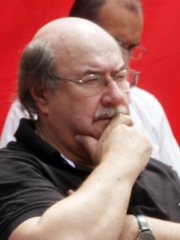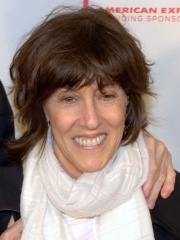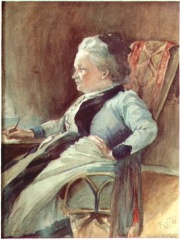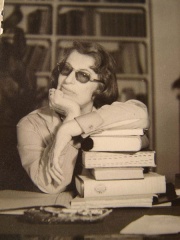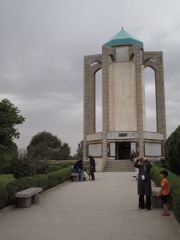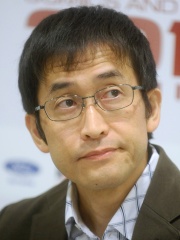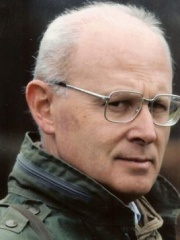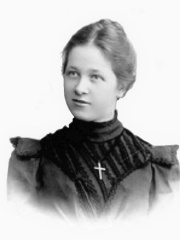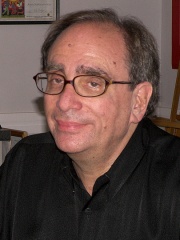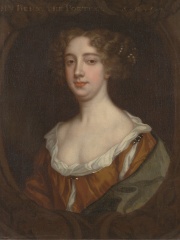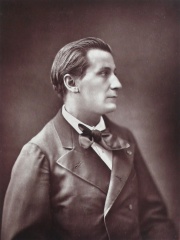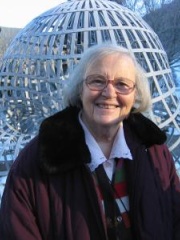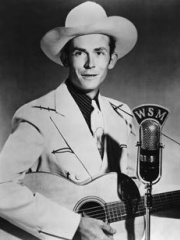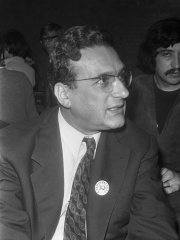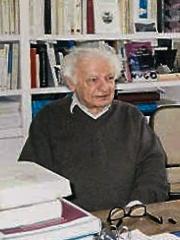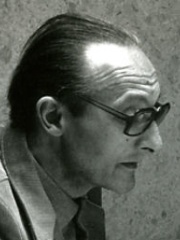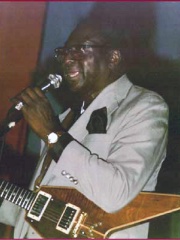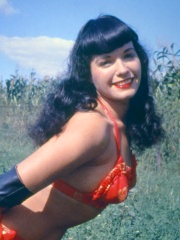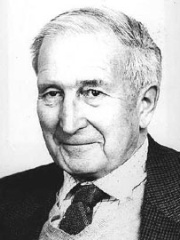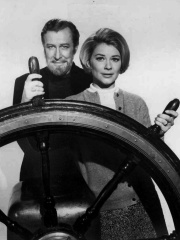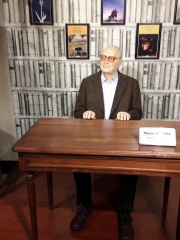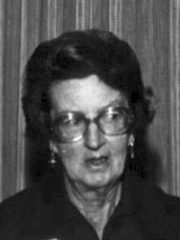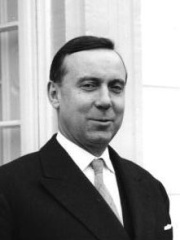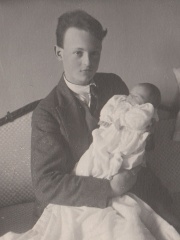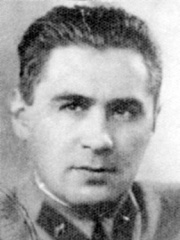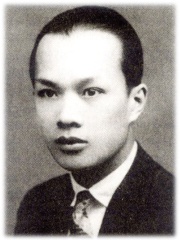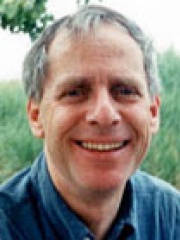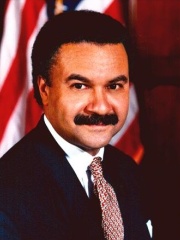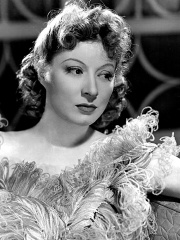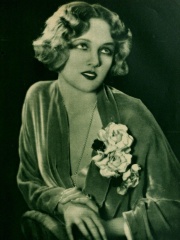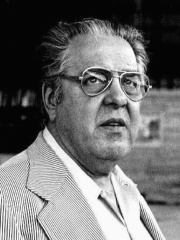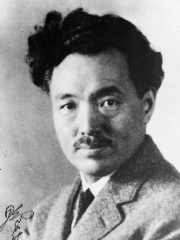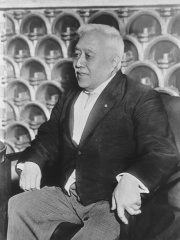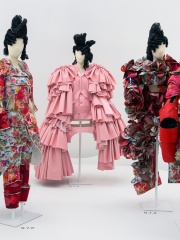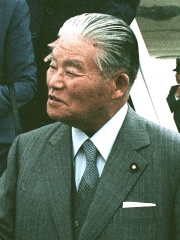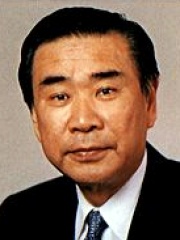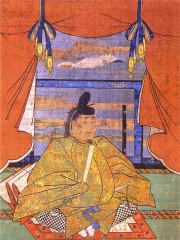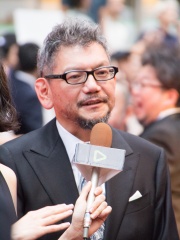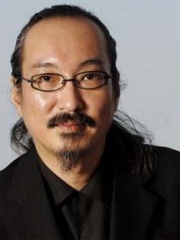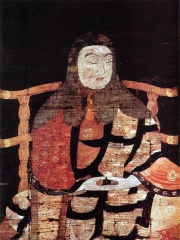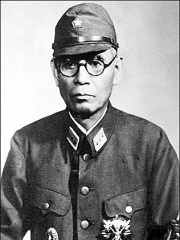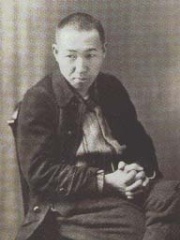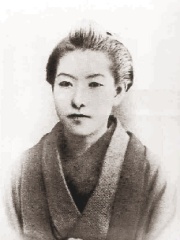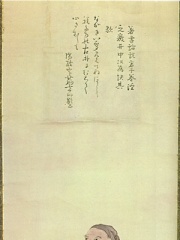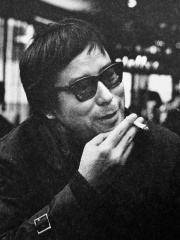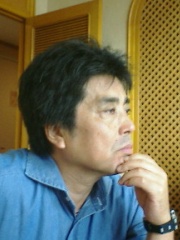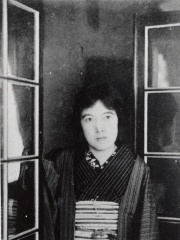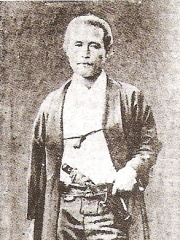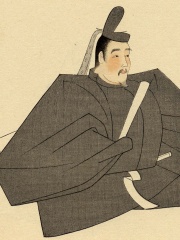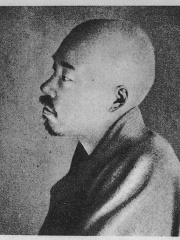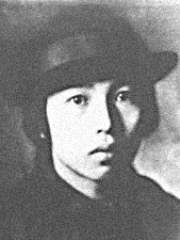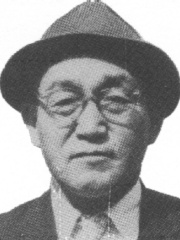Writer
Shūsaku Endō
1923 - 1996
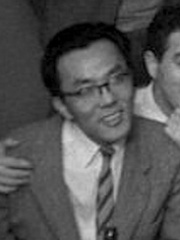
 Shūsaku Endō
Shūsaku Endō
Shūsaku Endō (遠藤 周作, Endō Shūsaku; March 27, 1923 – September 29, 1996) was a Japanese author who wrote from the perspective of a Japanese Catholic. Internationally, he is known for his 1966 historical fiction novel Silence, which was adapted into a 2016 film of the same name by director Martin Scorsese. He was the laureate of several prestigious literary accolades, including the Akutagawa Prize and the Order of Culture, and was inducted into the Roman Catholic Order of St. Sylvester by Pope Paul VI. Together with Junnosuke Yoshiyuki, Shōtarō Yasuoka, Junzo Shono, Hiroyuki Agawa, Ayako Sono (also Catholic), and Shumon Miura, Endō is categorized as part of the "Third Generation" (that is, the third major group of Japanese writers to appear after World War II). Read more on Wikipedia
His biography is available in 44 different languages on Wikipedia (up from 43 in 2024). Shūsaku Endō is the 1,764th most popular writer (down from 1,019th in 2024), the 584th most popular biography from Japan (down from 205th in 2019) and the 33rd most popular Japanese Writer.
Memorability Metrics
Page views of Shūsaku Endō by language
Among Writers
Among writers, Shūsaku Endō ranks 1,764 out of 7,302. Before him are Adalberon, Antonio Skármeta, Nora Ephron, Minna Canth, Silvina Ocampo, and Baba Tahir. After him are Junji Ito, Dominique Venner, Marie Under, R. L. Stine, Aphra Behn, and François Coppée.
Most Popular Writers in Wikipedia
Go to all RankingsAdalberon
947 - 1030
HPI: 64.14
Rank: 1,758
Antonio Skármeta
1940 - 2024
HPI: 64.13
Rank: 1,759
Nora Ephron
1941 - 2012
HPI: 64.13
Rank: 1,760
Minna Canth
1844 - 1897
HPI: 64.12
Rank: 1,761
Silvina Ocampo
1903 - 1993
HPI: 64.12
Rank: 1,762
Baba Tahir
947 - 1032
HPI: 64.12
Rank: 1,763
Shūsaku Endō
1923 - 1996
HPI: 64.12
Rank: 1,764
Junji Ito
1963 - Present
HPI: 64.12
Rank: 1,765
Dominique Venner
1935 - 2013
HPI: 64.11
Rank: 1,766
Marie Under
1883 - 1980
HPI: 64.11
Rank: 1,767
R. L. Stine
1943 - Present
HPI: 64.11
Rank: 1,768
Aphra Behn
1640 - 1689
HPI: 64.11
Rank: 1,769
François Coppée
1842 - 1908
HPI: 64.09
Rank: 1,770
Contemporaries
Among people born in 1923, Shūsaku Endō ranks 100. Before him are Yvonne Choquet-Bruhat, Hank Williams, Ernest Mandel, Yves Bonnefoy, André Gorz, and Albert King. After him are Bettie Page, Antony Flew, Edward Mulhare, Otfried Preußler, Madeleine Lebeau, and Yaşar Kemal. Among people deceased in 1996, Shūsaku Endō ranks 79. Before him are Mary Leakey, Hans Blumenberg, Bob Paisley, Michel Debré, Albrecht, Duke of Bavaria, and Pavel Sudoplatov. After him are Nguyễn Hữu Thọ, Amos Tversky, Ron Brown, Greer Garson, Virginia Cherrill, and Albert R. Broccoli.
Others Born in 1923
Go to all RankingsYvonne Choquet-Bruhat
MATHEMATICIAN
1923 - 2025
HPI: 64.56
Rank: 94
Hank Williams
SINGER
1923 - 1953
HPI: 64.37
Rank: 95
Ernest Mandel
ECONOMIST
1923 - 1995
HPI: 64.36
Rank: 96
Yves Bonnefoy
PHILOSOPHER
1923 - 2016
HPI: 64.20
Rank: 97
André Gorz
PHILOSOPHER
1923 - 2007
HPI: 64.16
Rank: 98
Albert King
MUSICIAN
1923 - 1992
HPI: 64.13
Rank: 99
Shūsaku Endō
WRITER
1923 - 1996
HPI: 64.12
Rank: 100
Bettie Page
MODEL
1923 - 2008
HPI: 64.11
Rank: 101
Antony Flew
PHILOSOPHER
1923 - 2010
HPI: 64.10
Rank: 102
Edward Mulhare
ACTOR
1923 - 1997
HPI: 64.07
Rank: 103
Otfried Preußler
WRITER
1923 - 2013
HPI: 64.06
Rank: 104
Madeleine Lebeau
ACTOR
1923 - 2016
HPI: 64.00
Rank: 105
Yaşar Kemal
WRITER
1923 - 2015
HPI: 63.97
Rank: 106
Others Deceased in 1996
Go to all RankingsMary Leakey
ANTHROPOLOGIST
1913 - 1996
HPI: 65.22
Rank: 73
Hans Blumenberg
PHILOSOPHER
1920 - 1996
HPI: 64.77
Rank: 74
Bob Paisley
SOCCER PLAYER
1919 - 1996
HPI: 64.65
Rank: 75
Michel Debré
POLITICIAN
1912 - 1996
HPI: 64.32
Rank: 76
Albrecht, Duke of Bavaria
NOBLEMAN
1905 - 1996
HPI: 64.31
Rank: 77
Pavel Sudoplatov
MILITARY PERSONNEL
1907 - 1996
HPI: 64.15
Rank: 78
Shūsaku Endō
WRITER
1923 - 1996
HPI: 64.12
Rank: 79
Nguyễn Hữu Thọ
POLITICIAN
1910 - 1996
HPI: 64.08
Rank: 80
Amos Tversky
PSYCHOLOGIST
1937 - 1996
HPI: 64.00
Rank: 81
Ron Brown
POLITICIAN
1941 - 1996
HPI: 63.74
Rank: 82
Greer Garson
ACTOR
1904 - 1996
HPI: 63.71
Rank: 83
Virginia Cherrill
ACTOR
1908 - 1996
HPI: 63.63
Rank: 84
Albert R. Broccoli
PRODUCER
1909 - 1996
HPI: 63.60
Rank: 85
In Japan
Among people born in Japan, Shūsaku Endō ranks 584 out of 6,245. Before him are Hideyo Noguchi (1876), Saitō Makoto (1858), Rei Kawakubo (1942), Masayoshi Ōhira (1910), Tsutomu Hata (1935), and Emperor Murakami (926). After him are Hideaki Anno (1960), Junji Ito (1963), Satoshi Kon (1963), Miho Kaneda (1950), Saichō (767), and Yasuji Okamura (1884).
Others born in Japan
Go to all RankingsHideyo Noguchi
BIOLOGIST
1876 - 1928
HPI: 64.20
Rank: 578
Saitō Makoto
POLITICIAN
1858 - 1936
HPI: 64.17
Rank: 579
Rei Kawakubo
POLITICIAN
1942 - Present
HPI: 64.16
Rank: 580
Masayoshi Ōhira
POLITICIAN
1910 - 1980
HPI: 64.14
Rank: 581
Tsutomu Hata
POLITICIAN
1935 - 2017
HPI: 64.13
Rank: 582
Emperor Murakami
POLITICIAN
926 - 967
HPI: 64.12
Rank: 583
Shūsaku Endō
WRITER
1923 - 1996
HPI: 64.12
Rank: 584
Hideaki Anno
FILM DIRECTOR
1960 - Present
HPI: 64.12
Rank: 585
Junji Ito
WRITER
1963 - Present
HPI: 64.12
Rank: 586
Satoshi Kon
FILM DIRECTOR
1963 - 2010
HPI: 64.10
Rank: 587
Miho Kaneda
SOCCER PLAYER
1950 - Present
HPI: 64.08
Rank: 588
Saichō
RELIGIOUS FIGURE
767 - 822
HPI: 64.08
Rank: 589
Yasuji Okamura
MILITARY PERSONNEL
1884 - 1966
HPI: 64.07
Rank: 590
Among Writers In Japan
Among writers born in Japan, Shūsaku Endō ranks 33. Before him are Kenji Miyazawa (1896), Ichiyō Higuchi (1872), Ueda Akinari (1734), Akiyuki Nosaka (1930), Ryū Murakami (1952), and Yosano Akiko (1878). After him are Junji Ito (1963), Katsu Kaishū (1823), Minamoto no Sanetomo (1192), Masaoka Shiki (1867), Chūya Nakahara (1907), and Eiji Tsuburaya (1901).
Kenji Miyazawa
1896 - 1933
HPI: 65.58
Rank: 27
Ichiyō Higuchi
1872 - 1896
HPI: 65.18
Rank: 28
Ueda Akinari
1734 - 1809
HPI: 64.83
Rank: 29
Akiyuki Nosaka
1930 - 2015
HPI: 64.43
Rank: 30
Ryū Murakami
1952 - Present
HPI: 64.41
Rank: 31
Yosano Akiko
1878 - 1942
HPI: 64.20
Rank: 32
Shūsaku Endō
1923 - 1996
HPI: 64.12
Rank: 33
Junji Ito
1963 - Present
HPI: 64.12
Rank: 34
Katsu Kaishū
1823 - 1899
HPI: 64.05
Rank: 35
Minamoto no Sanetomo
1192 - 1219
HPI: 63.91
Rank: 36
Masaoka Shiki
1867 - 1902
HPI: 63.63
Rank: 37
Chūya Nakahara
1907 - 1937
HPI: 63.62
Rank: 38
Eiji Tsuburaya
1901 - 1970
HPI: 63.29
Rank: 39

